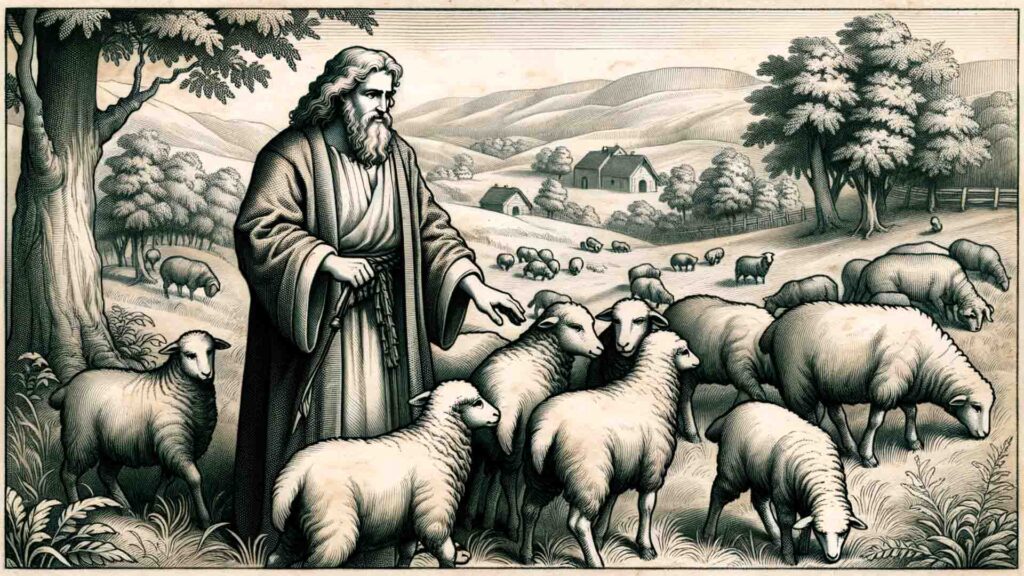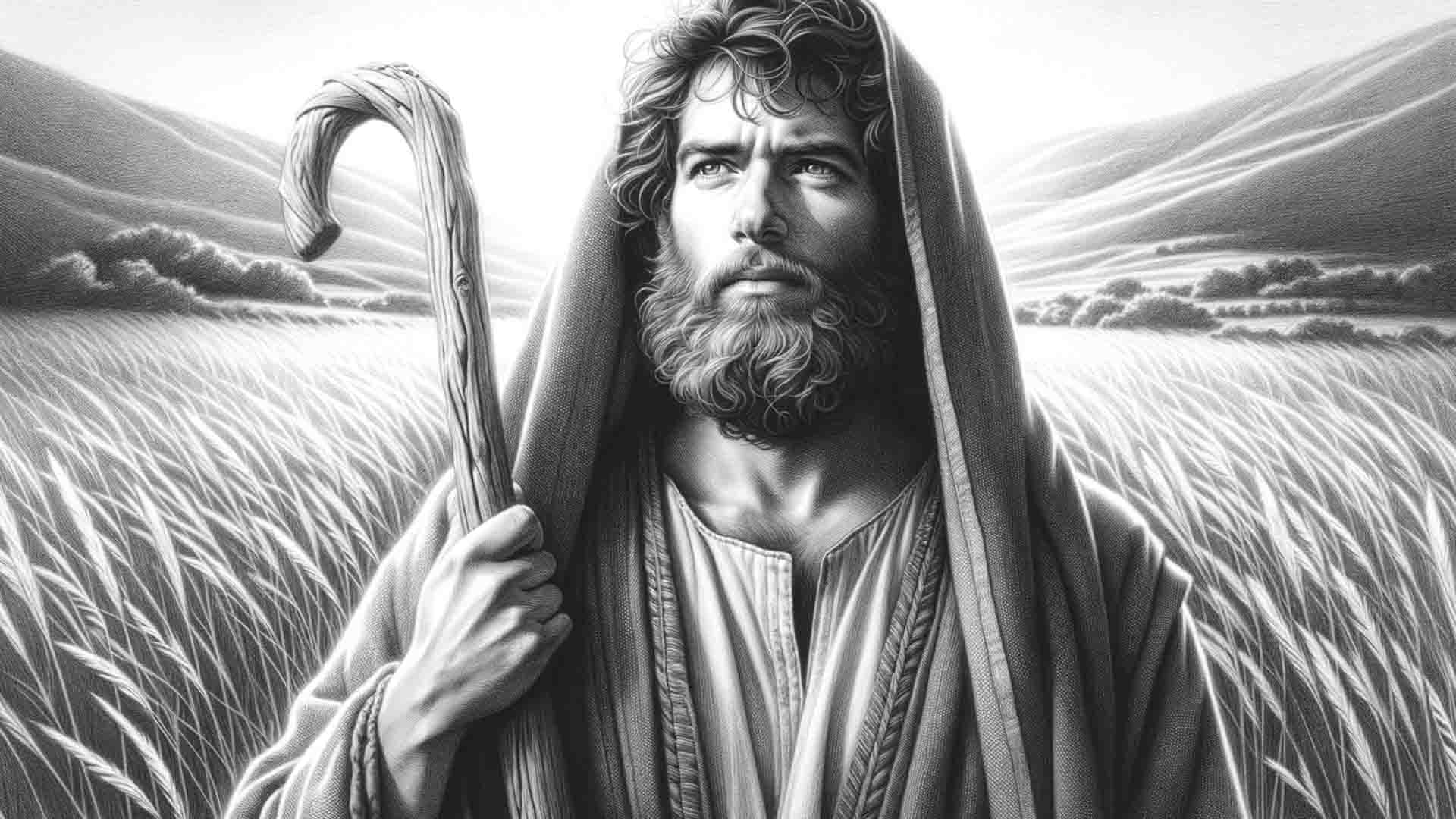Where Abel Appears:
- Book of Genesis 4:1-16 – This is the main passage where Abel’s life story is told. We learn about his occupation, his offering to God, and the tragic end of his life.

What Abel Did:
+ Positive Actions of Abel:
- Offered with Faith:
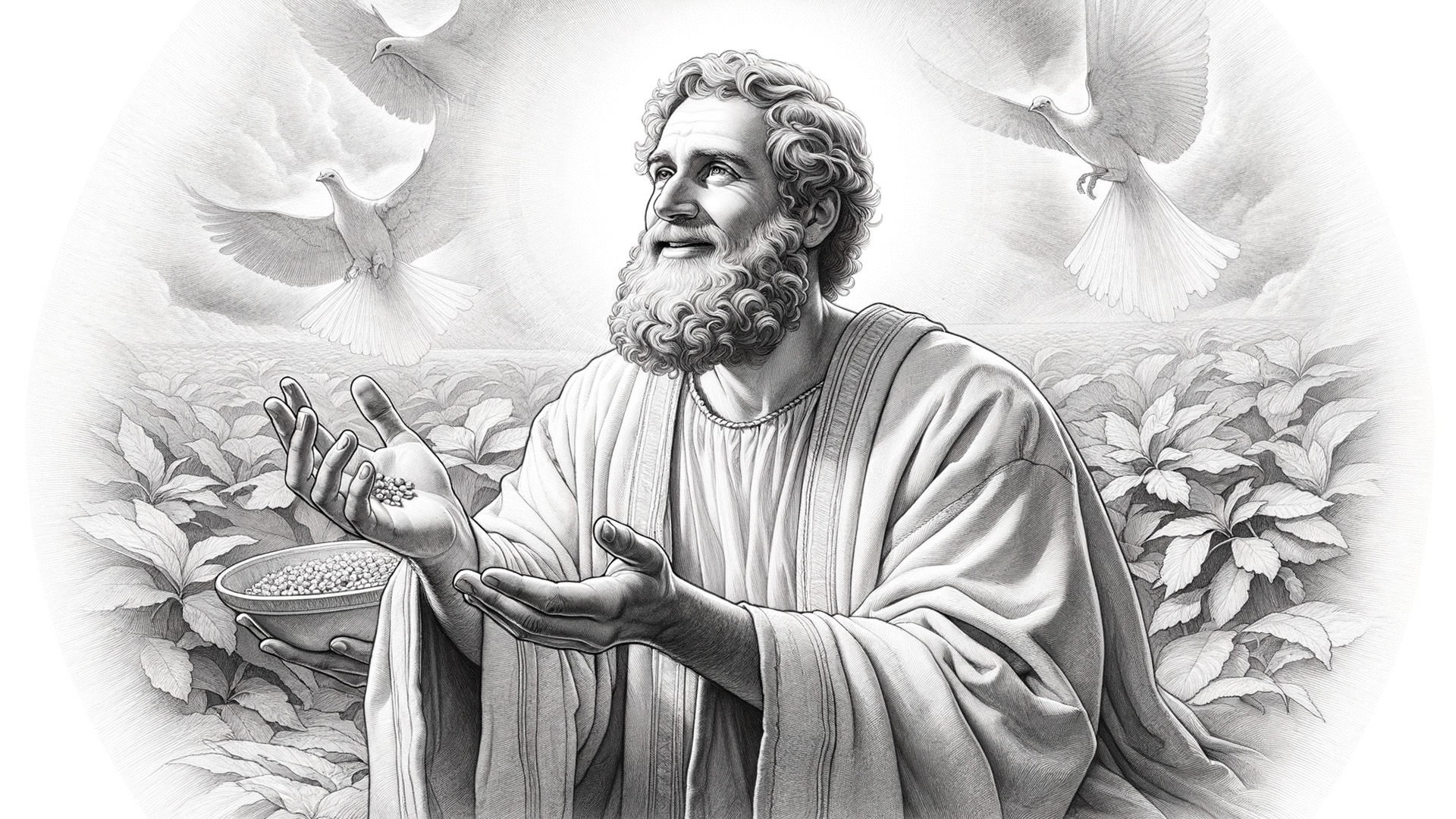 Abel brought the best portions of the firstborn of his flock as an offering to God. This reflects his faith and desire to please God with the best of what he had.
Abel brought the best portions of the firstborn of his flock as an offering to God. This reflects his faith and desire to please God with the best of what he had. - Worked as a Shepherd:
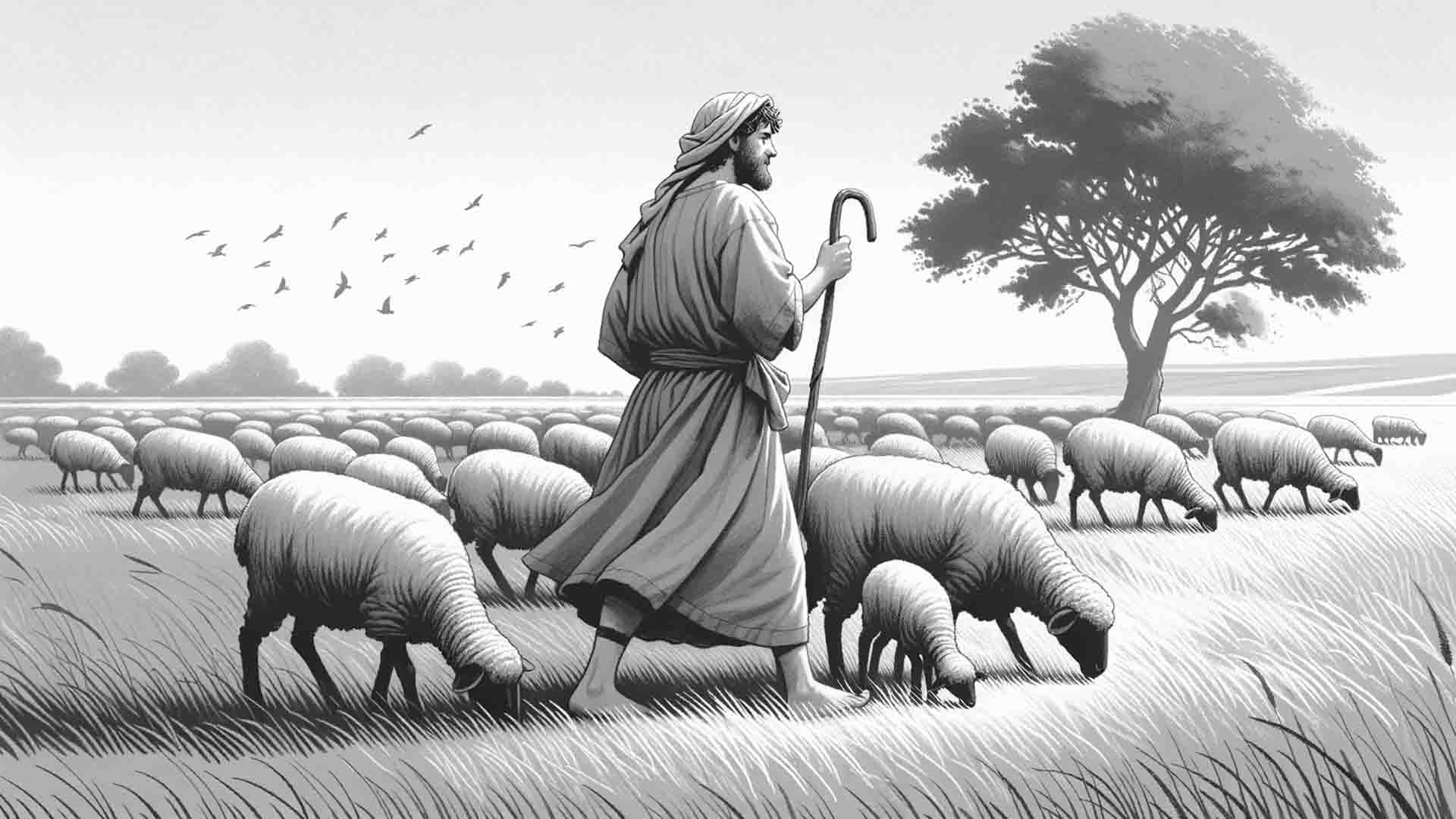 Abel chose to be a shepherd, caring for the flock. This profession, often seen positively in the Bible, highlights Abel’s nurturing and responsible nature.
Abel chose to be a shepherd, caring for the flock. This profession, often seen positively in the Bible, highlights Abel’s nurturing and responsible nature. - Gained God’s Favor:
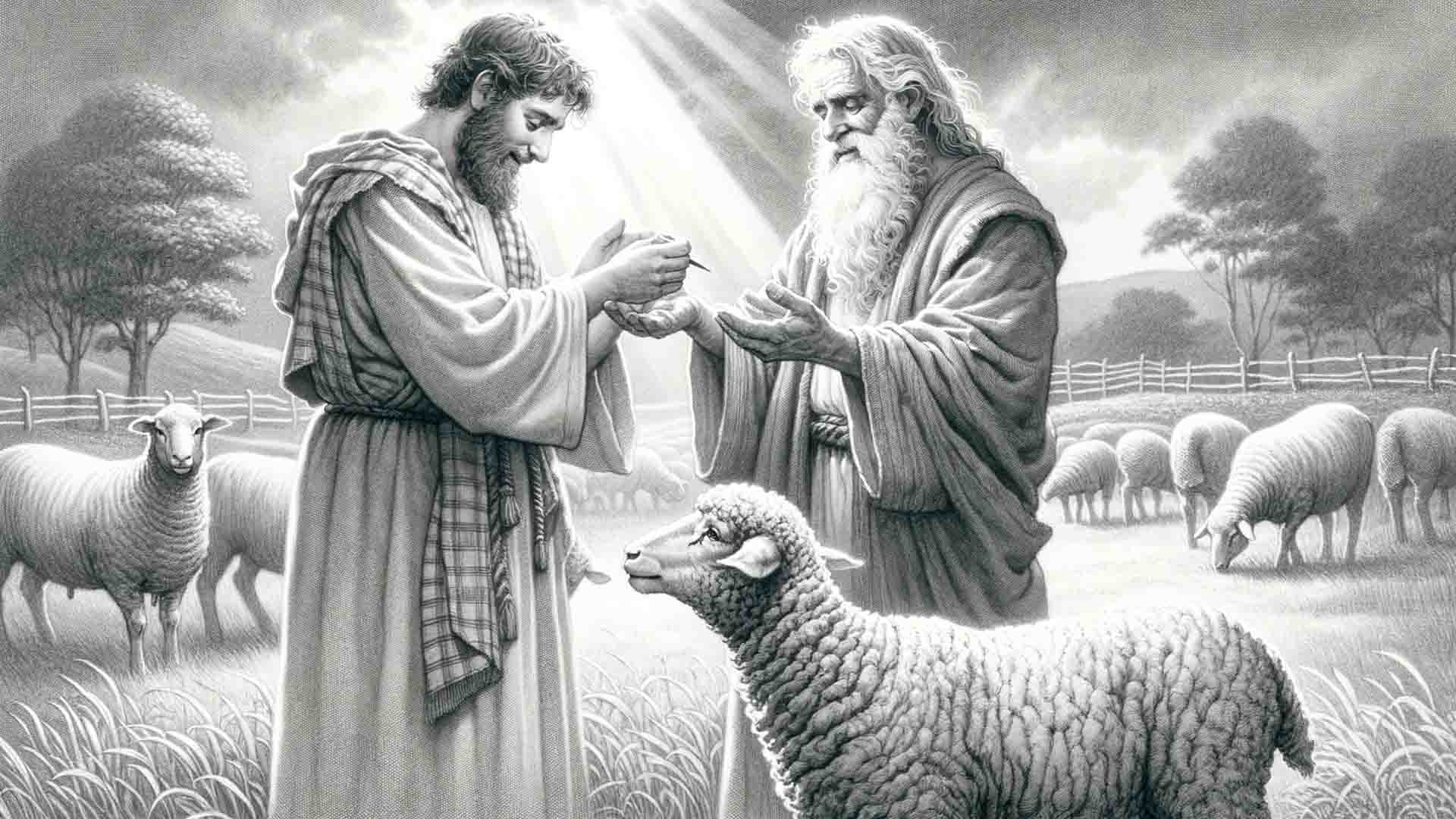 Because Abel’s offering was given with a sincere heart, God looked upon him with favor. This signifies the importance of the intent behind our actions and faithfulness to God.
Because Abel’s offering was given with a sincere heart, God looked upon him with favor. This signifies the importance of the intent behind our actions and faithfulness to God. - Remembered for Righteousness:
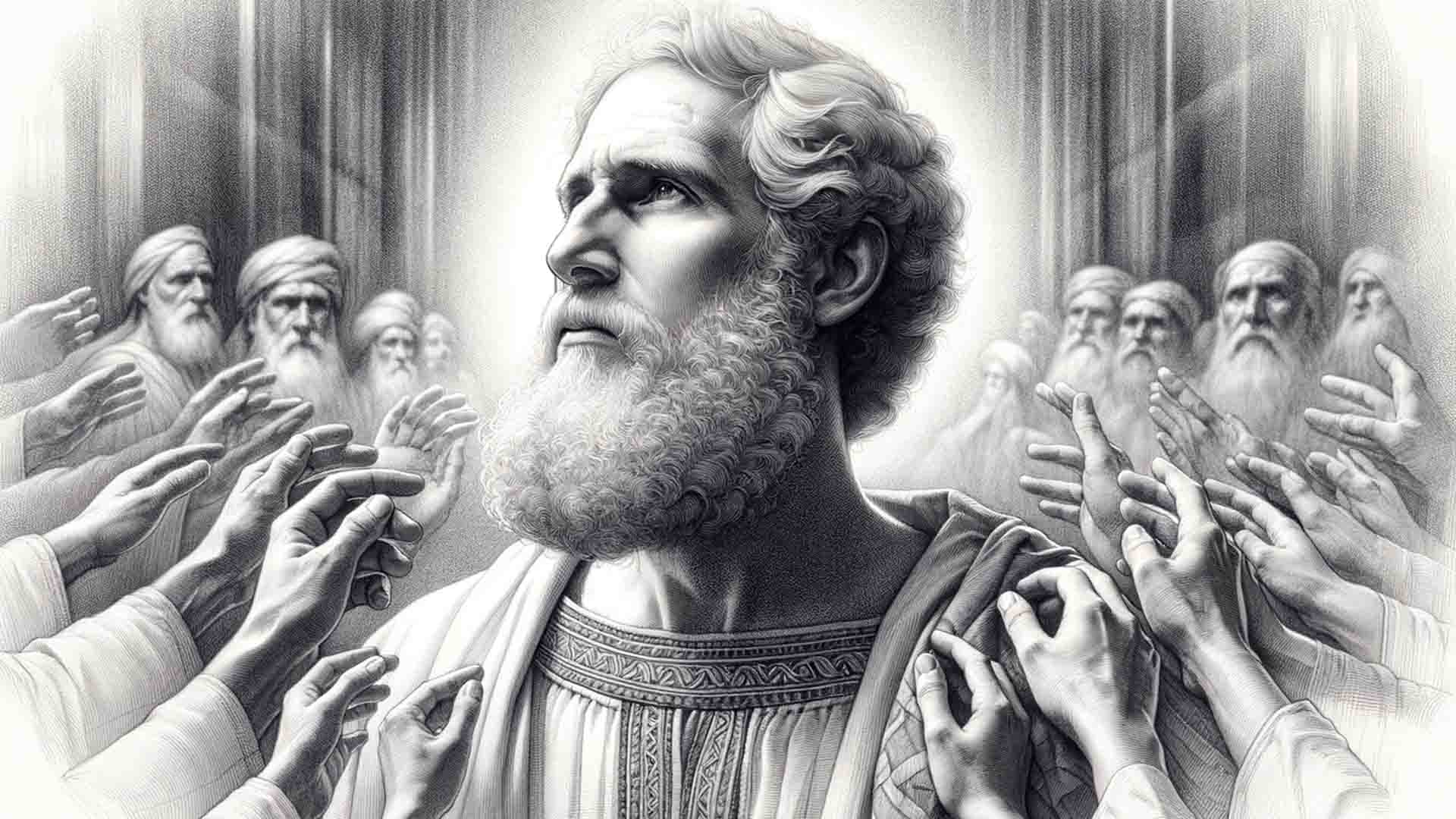 Despite his untimely death, Abel is remembered as a righteous man. In the New Testament, Hebrews 11:4 praises Abel for his faith, making him a lasting example of godliness.
Despite his untimely death, Abel is remembered as a righteous man. In the New Testament, Hebrews 11:4 praises Abel for his faith, making him a lasting example of godliness.
– Negative Actions of Abel:
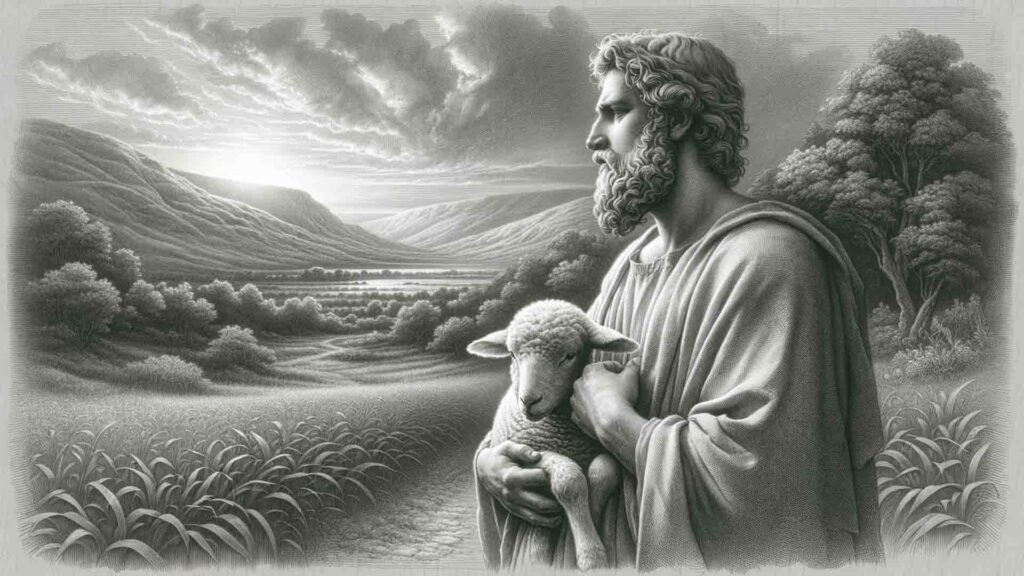
The Bible does not record any negative actions by Abel. His life, as documented in the scripture, showcases him positively, emphasizing his faith and righteousness. The tragic aspect of Abel’s story arises not from his own actions but from the jealousy and violence he faced from his brother, Cain.
The Tragedy of Abel:
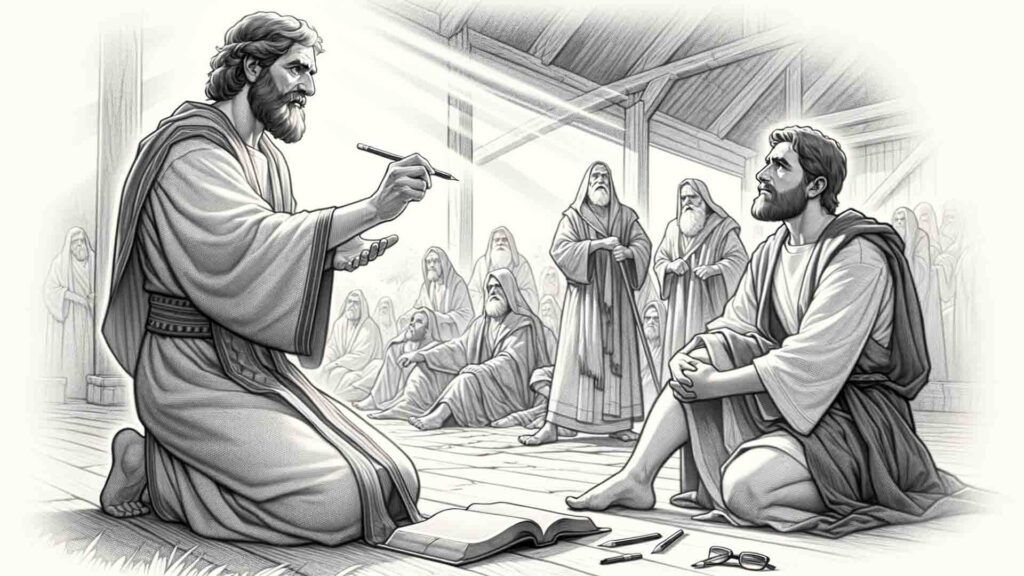
Abel’s life ended in tragedy when his own brother, Cain, out of jealousy and anger, killed him. This was the first murder recorded in the Bible, highlighting the severe consequences of sin and envy. Despite Abel’s positive and faithful life, he became an innocent victim of his brother’s wrongdoing.
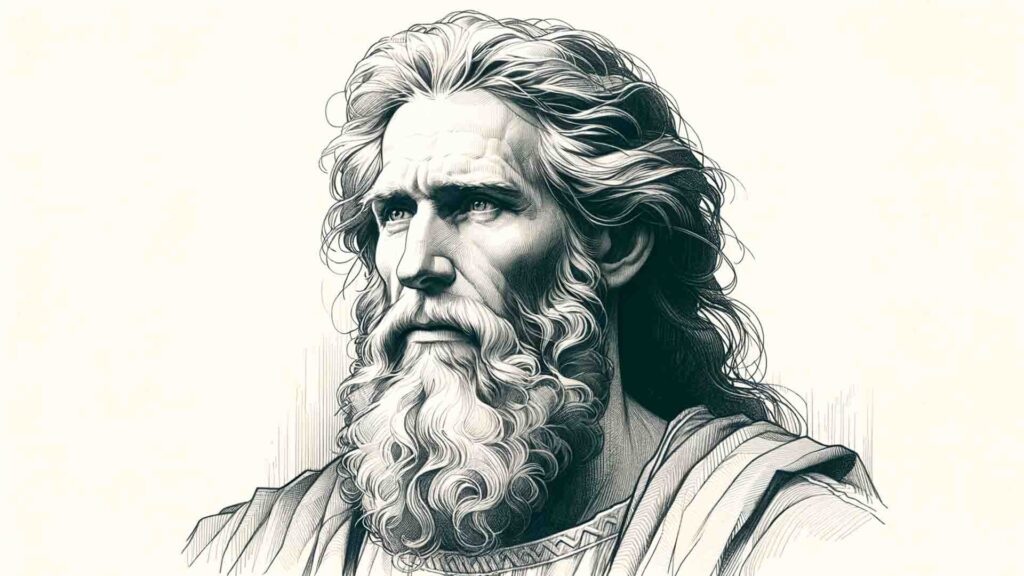
The tragic end of Abel’s life unfolds in the Book of Genesis, providing a profound look into the first murder in human history, driven by jealousy and anger.
The Offering and the Onset of Jealousy
- Genesis 4:3-5 – Cain and Abel both bring offerings to the Lord. Abel brings the best portions of the firstborn of his flock, while Cain brings some of the fruits of the soil. The Lord looks with favor on Abel and his offering, but not on Cain and his offering. It’s here that the seeds of jealousy are sown in Cain’s heart, setting the stage for the tragic events to follow.
God’s Warning to Cain
- Genesis 4:6-7 – God notices Cain’s anger and downcast demeanor. He warns Cain that sin is crouching at his door, desire is for him, but he must rule over it. This warning signifies a crucial moment where Cain has the opportunity to overcome his jealousy and anger, highlighting the ongoing battle between good and evil in human hearts.
The Murder of Abel
- Genesis 4:8 – Despite God’s warning, Cain speaks to Abel, and when they are in the field, he attacks and kills his brother. This act of violence marks the culmination of Cain’s unchecked jealousy and anger, resulting in the tragic loss of innocent life. It is the first recorded murder in the Bible, illustrating the devastating impact of sin when left unchecked.
God’s Judgment and Cain’s Punishment
- Genesis 4:9-12 – When God asks Cain about Abel’s whereabouts, Cain’s infamous reply is, “Am I my brother’s keeper?” God then reveals His knowledge of the crime, pronouncing a curse on Cain, who will from that point on be a restless wanderer on the earth. Cain’s punishment stems not only from the act of murder itself but also from his unrepentant and defiant attitude towards God.
The Legacy of Abel
- Despite the tragedy, Abel’s faith and the righteousness of his offering continue to speak volumes. As mentioned in Hebrews 11:4 in the New Testament, “By faith Abel brought God a better offering than Cain did. By faith he was commended as righteous, when God spoke well of his offerings. And by faith Abel still speaks, even though he is dead.” This verse underscores that the essence of Abel’s life was his unshakeable faith, which continues to exert a powerful influence long after his death.

Lessons from Abel’s Life:
Abel’s story teaches us the value of bringing our best to God, living faithfully, and the impact of jealousy and violence. Though he lived a short life, Abel’s faithfulness and God’s favor towards him have made him an enduring example of righteousness.
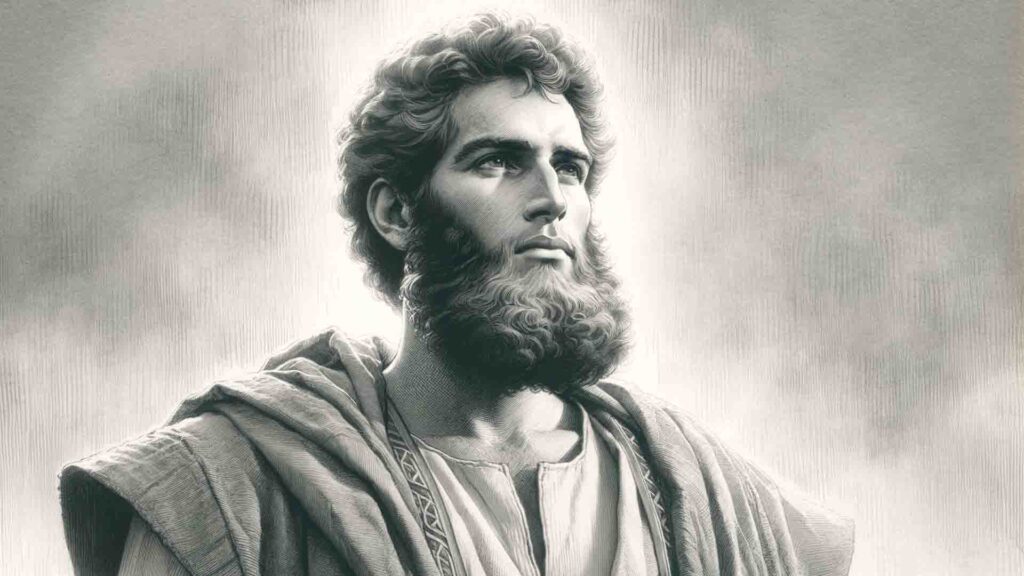
While Abel’s actions in the Bible are predominantly positive, showing a life of faith and godly character, his story is also a somber reflection on human jealousy and the importance of love and peace.
